Welcome to My Blog!
Before we dive into the content, I’d love for you to join me on my social media platforms where I share more insights, engage with the community, and post updates. Here’s how you can connect with me:
Facebook: https://www.facebook.com/profile.php?id=100072217509763
LinkedIn: https://www.linkedin.com/company/74949059/admin/dashboard/
YouTube:www.youtube.com/@tractormanufacturer-lc5qz,www.youtube.com/@excavatormanufacturers-sn9hk
TikTok: www.tiktok.com/@tractormanufacturer, www.tiktok.com/@excavatormanufacturers
Now, let’s get started on our journey together. I hope you find the content here insightful, engaging, and valuable.
Introduction

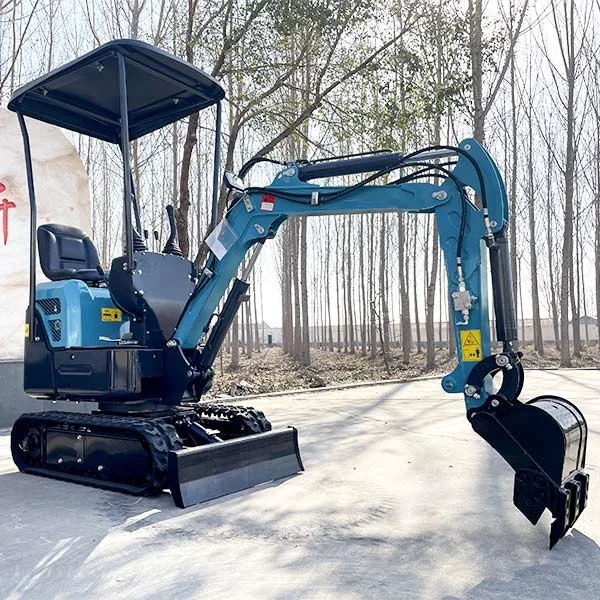
When it comes to construction and excavation work, the right equipment can make all the difference. Among the various types of machinery available, the 5 Ton Mini Excavator stands out for its versatility and efficiency. These compact machines are designed to navigate tight spaces and perform a variety of tasks with precision and ease. In this comprehensive guide, we will explore the factors to consider when choosing the right 5 Ton Mini Excavator for your project, the benefits of using such equipment, and how to ensure you make the best decision for your specific needs.
Understanding the 5 Ton Mini Excavator
What is a 5 Ton Mini Excavator?
A 5 Ton Mini Excavator is a compact, powerful piece of construction equipment designed for digging, lifting, and moving materials. With a lifting capacity of around 5 tons, these machines are ideal for a range of applications, from small-scale construction projects to landscaping and demolition work.
Key Features of a 5 Ton Mini Excavator
- Compact Design: The compact size allows for easy maneuverability in confined spaces.
- Versatility: Capable of performing a variety of tasks, from digging trenches to breaking concrete.
- Efficiency: Fuel-efficient engines and advanced hydraulic systems ensure optimal performance.
- Safety: Equipped with safety features to protect operators and reduce the risk of accidents.
Factors to Consider When Choosing a 5 Ton Mini Excavator
Operator Comfort and Controls
The comfort and ease of use of the controls are crucial for operator efficiency and safety. Look for machines with ergonomic designs and intuitive controls that reduce operator fatigue.
Engine Power and Fuel Efficiency
The engine should provide enough power for the tasks at hand while being fuel-efficient to minimize operating costs.
Attachment Compatibility
A good 5 Ton Mini Excavator should be compatible with a range of attachments to increase its versatility.
Service and Maintenance
Consider the ease of service and maintenance, as well as the availability of spare parts, when choosing a machine.
Benefits of Using a 5 Ton Mini Excavator
Increased Productivity
The compact size and power of a 5 Ton Mini Excavator can lead to increased productivity on the job site.
Cost-Effectiveness
These machines are often more cost-effective than larger excavators, especially for smaller projects.
Environmentally Friendly
The smaller size and fuel-efficient engines of mini excavators contribute to reduced environmental impact.
Safety
The safety features and compact design of mini excavators can help reduce the risk of accidents on the job site.
Choosing the Right 5 Ton Mini Excavator for Your Project
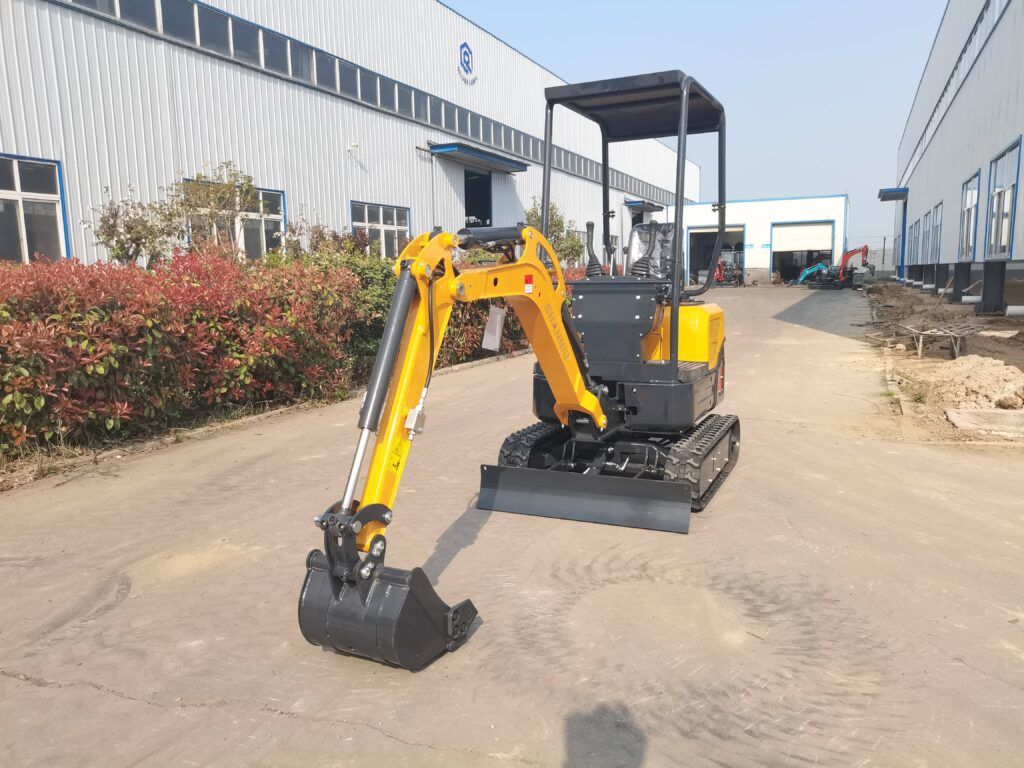
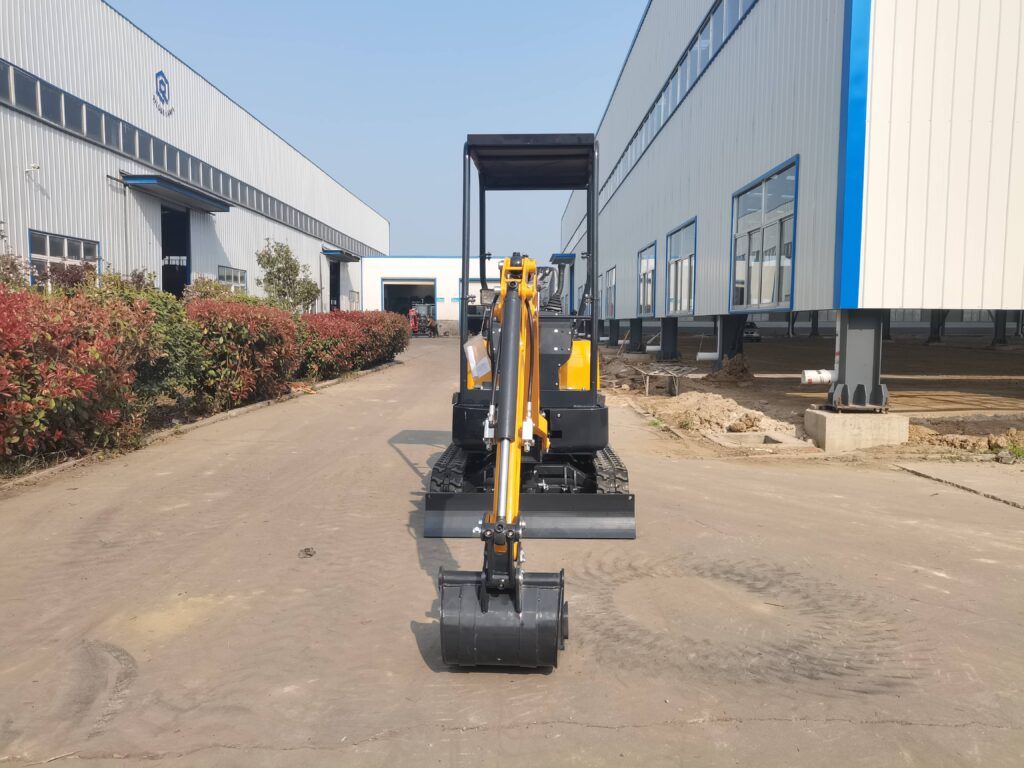
Project Requirements
Assess the specific requirements of your project, including the size of the work area, the type of soil, and the tasks that need to be performed.
Budget Constraints
Consider your budget when choosing a 5 Ton Mini Excavator, as prices can vary significantly between models and manufacturers.
Long-Term Use
Think about how often you will use the excavator and whether you need a machine that can handle a variety of tasks or one specialized for a specific job.
Reviews and Recommendations
Consult reviews and recommendations from other professionals in the industry to help guide your decision.
| Aspect to Consider | Details |
|---|---|
| Project Requirements | Assess the specific requirements of your project, including the size of the work area, the type of soil, and the tasks that need to be performed. |
| Budget Constraints | Consider your budget when choosing a 5 Ton Mini Excavator, as prices can vary significantly between models and manufacturers. |
| Long-Term Use | Think about how often you will use the excavator and whether you need a machine that can handle a variety of tasks or one specialized for a specific job. |
| Reviews and Recommendations | Consult reviews and recommendations from other professionals in the industry to help guide your decision. |
Conclusion
Choosing the right 5 Ton Mini Excavator is a critical decision that can impact the efficiency, safety, and cost-effectiveness of your project. By considering factors such as operator comfort, engine power, attachment compatibility, and service and maintenance, you can select the best machine for your needs. Remember to consult with industry professionals and consider the specifications and features of different models to make an informed decision. With the right 5 Ton Mini Excavator, you can enhance productivity, reduce costs, and ensure the success of your construction or excavation project.
FAQ
What is the average operating cost of a 5 Ton Mini Excavator?
The operating cost can vary depending on factors such as fuel consumption, maintenance, and labor. On average, you can expect to spend several hundred dollars per day on operating costs.
How long does a 5 Ton Mini Excavator last?
With proper maintenance and care, a 5 Ton Mini Excavator can last for many years, often over a decade or more.
Can a 5 Ton Mini Excavator be used in wet conditions?
Yes, many 5 Ton Mini Excavators are designed to operate in various weather conditions, including wet environments. However, it’s essential to follow the manufacturer’s guidelines to prevent damage.
What are the common attachments used with a 5 Ton Mini Excavator?
Common attachments include buckets, hammers, augers, and grapples, which can be used for digging, breaking, drilling, and lifting tasks.
How do I maintain a 5 Ton Mini Excavator?
Regular maintenance includes checking and changing the oil, inspecting and cleaning the filters, and checking for any leaks or wear. It’s also important to follow the manufacturer’s maintenance schedule.





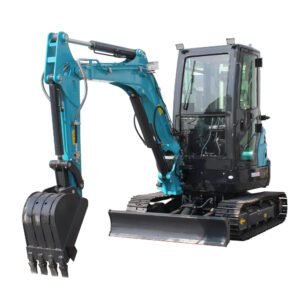
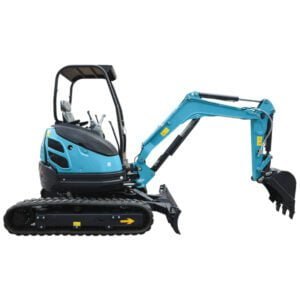
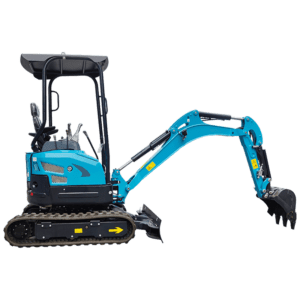

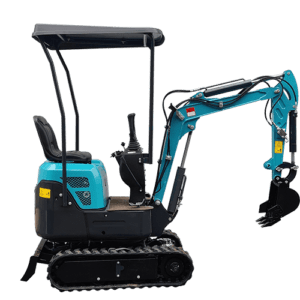

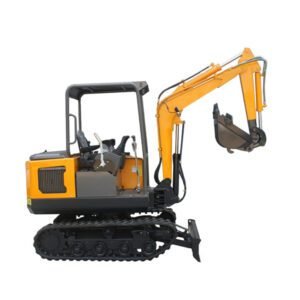

-1.png)